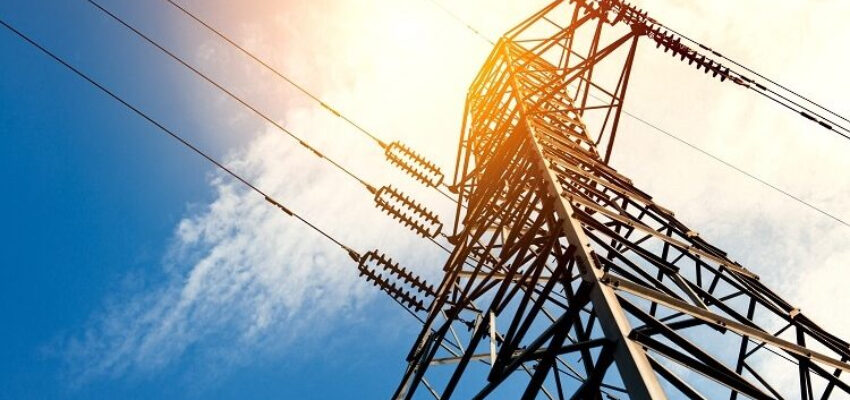Ghana needs $1 B to upgrade obsolete power transmission lines
Ghana, Accra: It will cost over $1 B to upgrade the country’s aged power transmission infrastructure – a part of which account for a majority of power outages.

Image source: The Ghana Report
Ghana, Accra: It will cost over $1 B to upgrade the country’s aged power transmission infrastructure – a part of which account for a majority of power outages.
Ghana Grid Company Limited has disclosed in a statement that it will take significant investments over a four-year period to bring total improvement and reliability to electricity transmission and supply across the country, because it costs more resources and time to upgrade legacy lines than to construct new ones.
“If government decides to give us a billion dollars today, we cannot take out all the lines at the same time to reconstruct. It needs to be planned and phased; that is what we intend to do to improve on the reliability and quality of supply to Ghanaians,” said its Chief Executive Officer, Ebenezer Essienyi.
The power transmission company requires an amount of $526 M this year alone, he said, adding that much higher investments than this will be required on a yearly basis to significantly reconstruct transmission lines across the country by 2025, in order to improve on supply under its strategic phase-approach plan.
While waiting on government to release funds to kick-start the improvement work, the state-owned power transmission firm has been replacing some of the old transmission lines from the south to north parts of the country with high twin-bundled conductors to curb outages during rainfalls and windstorms.
Most of this work, according to the CEO, is being carried out in the Accra-Tema area where demand represents about 50–60 % of domestic demand.
Emphasising the need for significant investment into upgrading transmission and supply infrastructure, the GRIDCo boss said: “We anticipate that by end of the year, maximum demand on the grid will be about 3,600 MW. It is good for us – but it also puts much stress on the grid without much of the expansion that needs to be done.”
Source: The Ghana Report




